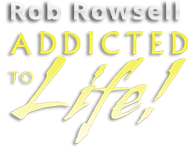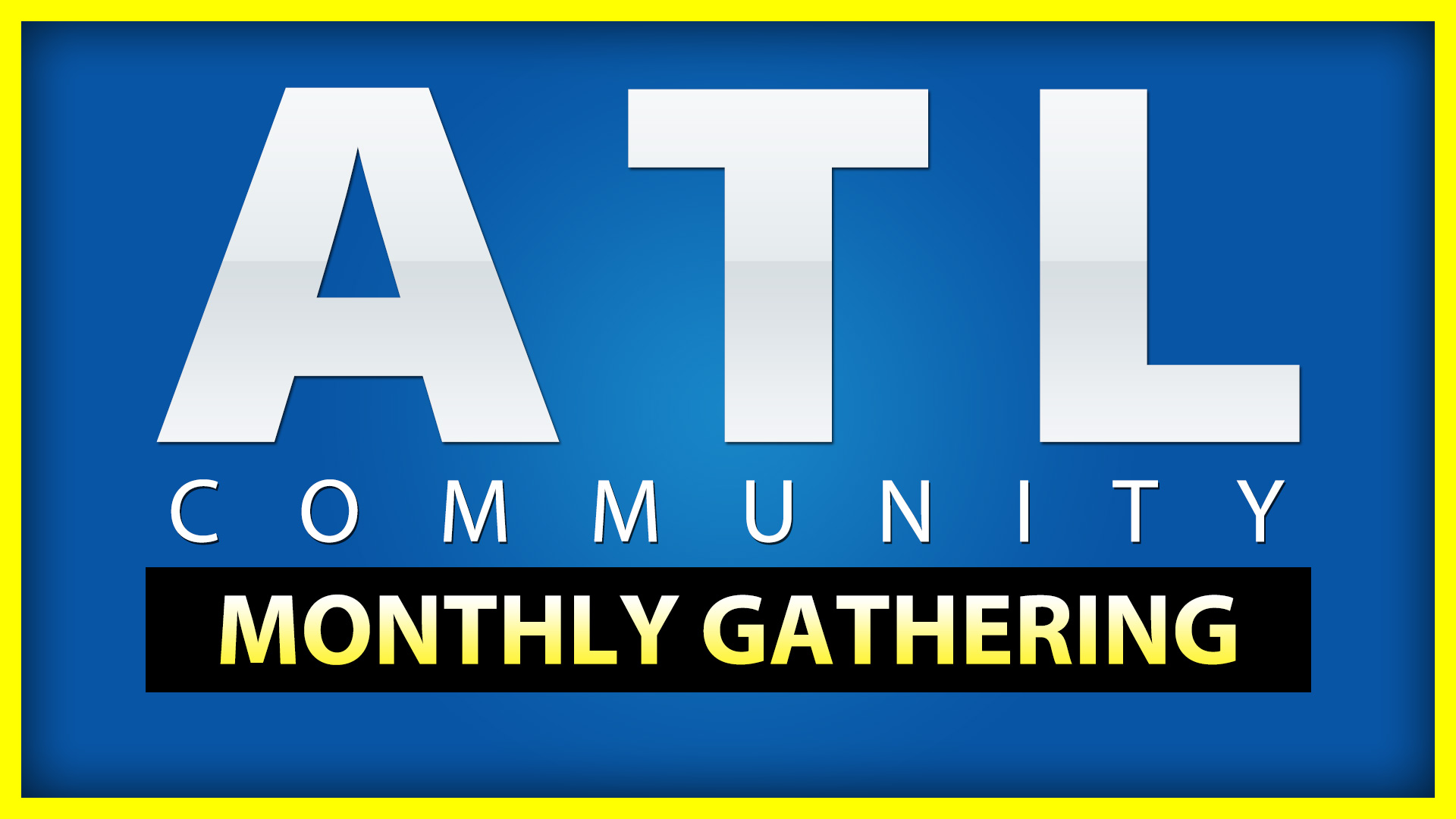Real Estate Investor Rob Rowsell shares his wealth building formula as well as useful financial terms. Become an expert at investing wealth and building your portfolio with this crucial money glossary.
 Follow Rob’s Wealth Building Formula By Applying Financial Glossary Terms
Follow Rob’s Wealth Building Formula By Applying Financial Glossary Terms
Financial Freedom Formula
Continuing from last week’s lesson, Rob explains the most requested component in his overall wealth building formula – the Financial Freedom Formula. Start with your Horizontal Income number and then divide it by your Vitality Factor.
Ideally, your passive income amount exceeds your cost of living. You are financially free if the solution to this formula is greater than 1.3. This amount accounts for a 30% blended tax rate.
The Role of the Blended Tax Rate in the Wealth Building Formula
When we talk about a Blended Tax Rate, we mean the average rate the government taxes you on all of your sources of income. You may pay 40% on your own W2 as a business owner, and you may be taxed 20% on your other investments. It is your duty to know what all of these tax rates average out to!
What Is Tax Drag?
Rob defines Tax Drag as the wealth draining resistance of taxes on your investments and earnings. Obviously, you want to avoid this at all costs.
If you work with your CPA on legally reducing your taxes owed, you can then invest those funds instead of paying them to Uncle Sam. Don’t throw your money away needlessly – earn compound interest by investing it!
Join Our Community
Do you own multi-family properties? If not, do you aspire to one day? Then you should consider joining our online discussion group, the ATL Inner Circle Community! Each month, Rob Rowsell will teach you what you must do in order to build wealth in the real estate business. It’s not as easy as it looks! Property taxes, liens, and legal fees can all be hard to navigate, so having a successful guide in your corner like Rob is a must! Sign up today!


 Best Wealth Building Books – The Wealthy Code
Best Wealth Building Books – The Wealthy Code